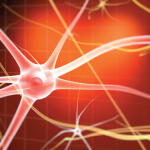Studies related to acupuncture and tai chi show some benefits for patients with musculoskeletal disorders, such as fibromyalgia and osteoarthritis. When patients ask about these integrative health approaches, rheumatologists should recommend they use qualified, experienced practitioners.




